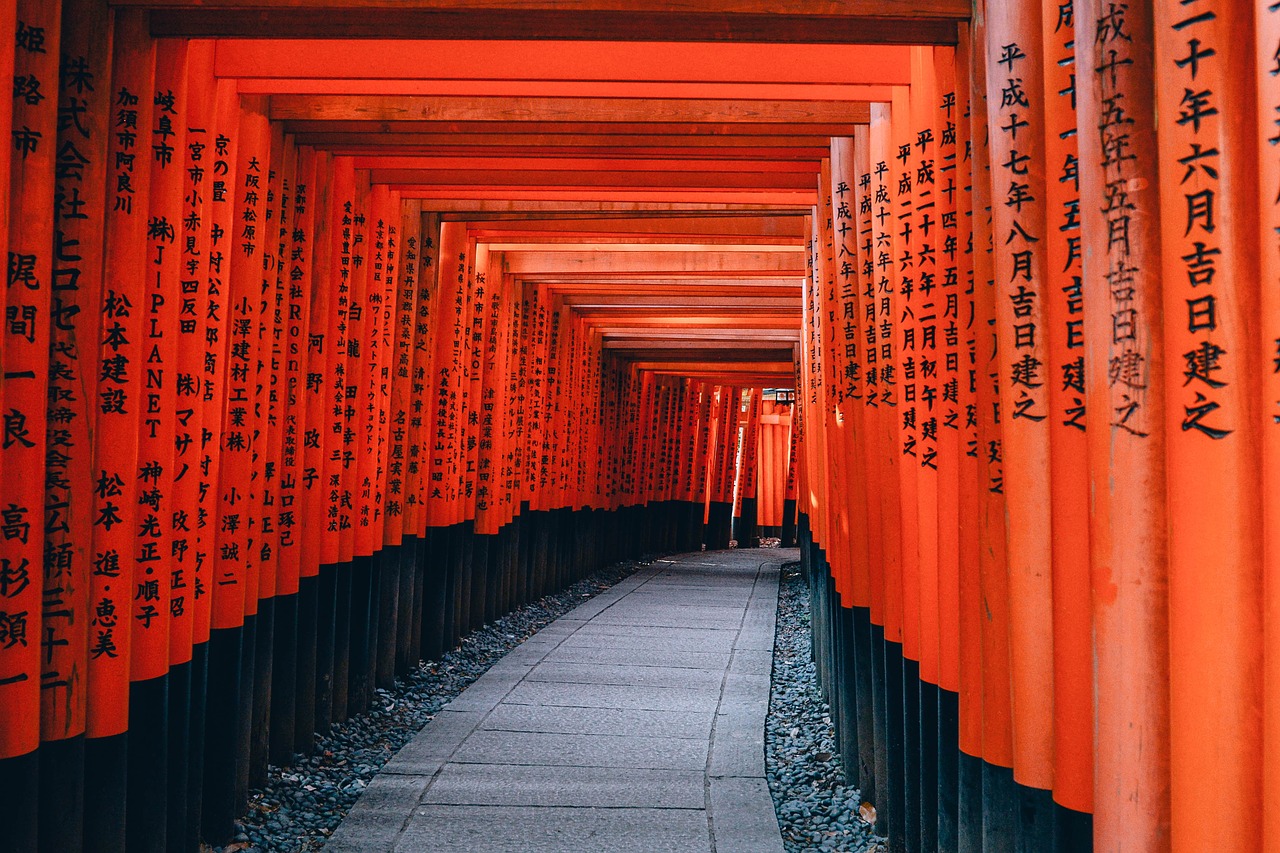
In Japan, the „Heisei“ time is officially over. The abdication of Emperor Akihito became effective with the midnight strike in Tokyo. His son is likely to emulate his father, but also provide fresh wind.
Japan has a new emperor. After the abdication of his father Akihito, the rule went to midnight local time on his son Naruhito. At the same time, the era of „beautiful harmony“ began in the island state with „Reiwa“. It applies as long as the 59-year-old Naruhito sits on the chrysanthemum throne.
Thousands of people moved to the streets of the capital Tokyo and other cities in the night despite the rainy weather to celebrate the historic change of epoch. The television showed wedding couples who took the floor at midnight, fireworks were struck, and T-shirts marked „Reiwa“ were worn.
Handover of the insignia will be tomorrow
Naruhito will receive the imperial insignia tomorrow in a separate, ten-minute ceremony, following the official census in the palace to succeed his father as the 126th emperor of the nation. At the small celebration no female courtiers are allowed to be present, not even his wife Masako.
Only on October 22, followed by a large public ceremony with numerous international guests and a motorcade through Tokyo.
Naruhito wants to take his father, who broke with many ancient traditions at the court and was as close to the people as no other emperor before him, as a model. At the same time he should provide fresh wind. Palace observers believe that as the first emperor to study abroad, he will focus more on global issues. Masako is a Harvard trained diplomat.
„Responsibility as a symbol of Japan“
During a short ceremony in the afternoon, Akihito declared his resignation in his last speech. The 85-year-old said he had exercised his 30-year reign with „deep respect and love for the people“. „That was a great blessing.“ He thanked the Japanese people „from the heart“ for accepting and supporting him as a „symbol of the state“. He wanted peace and prosperity under his son to Japan and the entire world.
More than 300 people took part in the ceremony, including members of the imperial family as well as representatives of Japan’s government and parliament, high-ranking judges and regional heads of government. The public remained excluded.
Prime Minister Shinzo Abe praised the work of the imperial couple. Akihito and his wife Michiko donated „courage and hope“ to the Japanese, especially in difficult times. „His Majesty has fulfilled the responsibility as a symbol of Japan,“ Abe said.
Akihito does not come to the throne
It is the first time in about 200 years that the oldest hereditary monarchy in the world abdicates an emperor during his lifetime. In 2016, Akihito had upset his country by announcing his desire to withdraw from his imperial duties. As a reason, he called his old age and his ailing health.
An abdication of the emperor, however, was in Japan
Post-war constitution not provided. Therefore, a law had to be passed and the procedure established. In Japan, the emperor is defined as a symbol of state and unity of the people. He has no political power.
Akihito will be emperor emeritus after his abdication and will no longer have any public obligations. He will not come to the throne of his son, so as not to disturb the new emperor. Instead, he will probably enjoy his retirement – for example, in an imperial villa by the sea, where he devotes himself to the study of perches.



